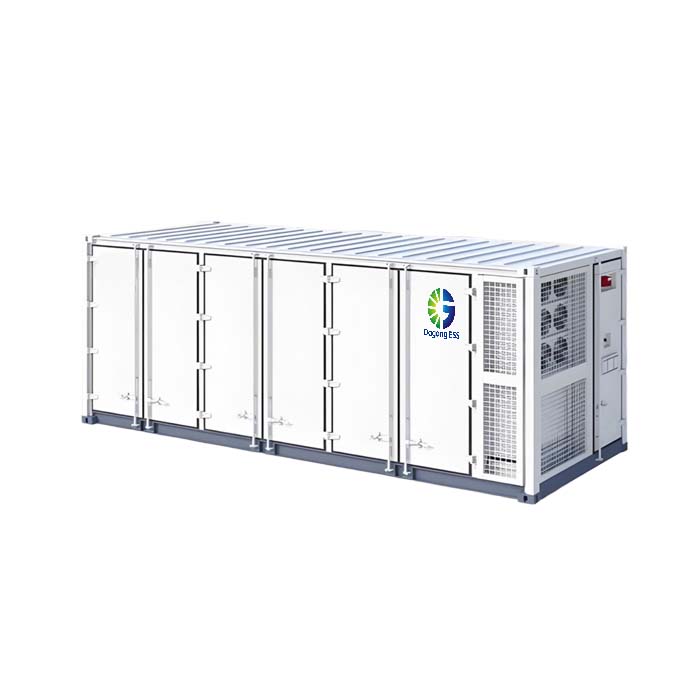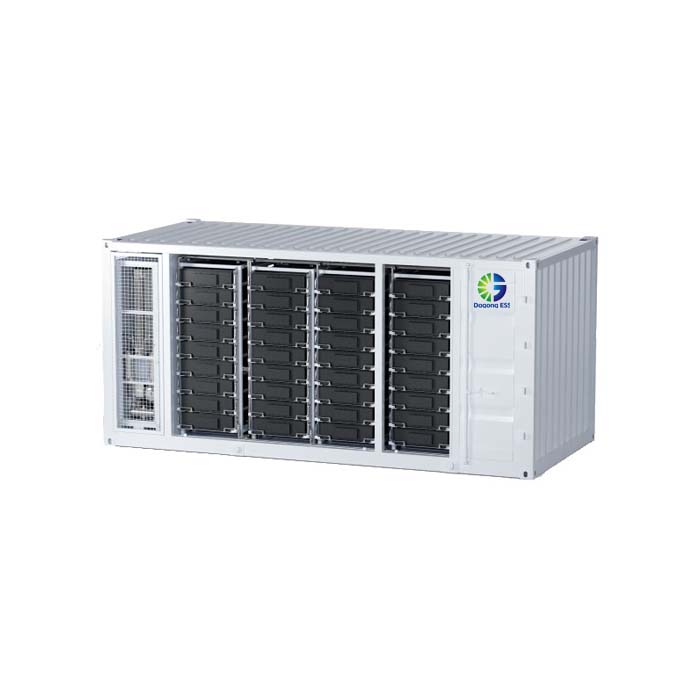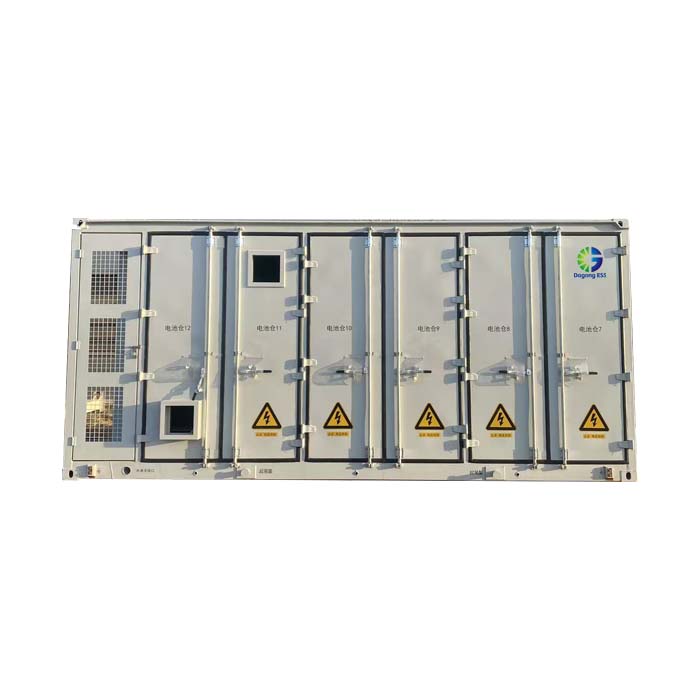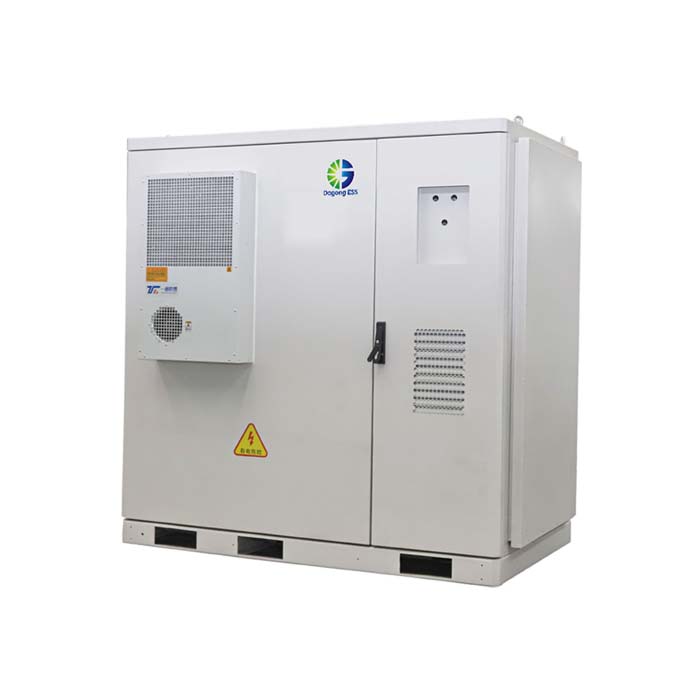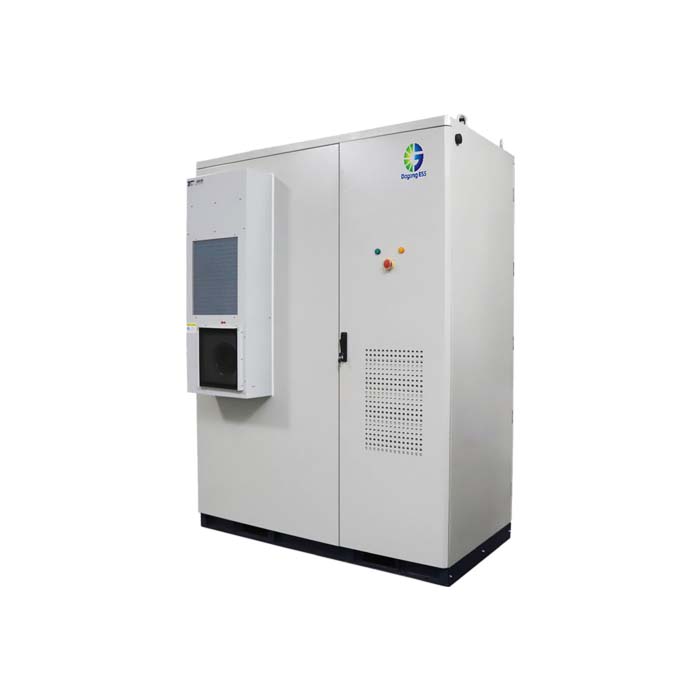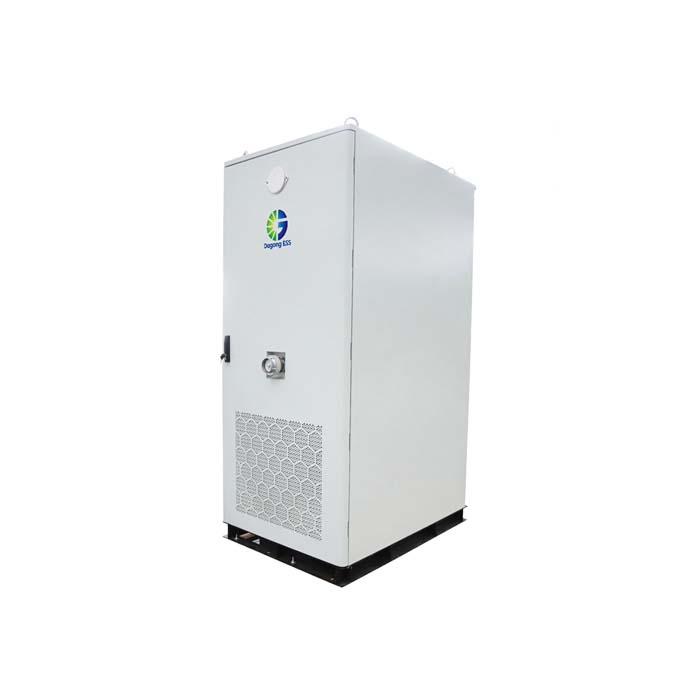Differences Between EXW and Other Shipping Terms for Energy Storage Products
What Are Shipping Terms for Energy Storage Products?
Shipping terms, also known as Incoterms (International Commercial Terms), define the responsibilities of buyers and sellers during the transportation of goods. For energy storage systems—such as lithium-ion batteries, rack-mounted cabinets, or containerized ESS—selecting the appropriate shipping term is crucial. It determines who covers transportation costs, handles customs clearance, and bears the risk during transit.
Understanding the differences between key shipping terms like EXW (Ex Works), FOB (Free on Board), CIF (Cost, Insurance, and Freight), and DDP (Delivered Duty Paid) helps customers select the most suitable option for their energy storage project.
Types of Shipping Terms: EXW, FOB, CIF, and DDP
EXW (Ex Works)
The seller makes the goods available at their premises (e.g., factory or warehouse).
The buyer assumes all responsibility for transportation, export clearance, insurance, and import duties.
Ideal for experienced buyers with local freight forwarders or logistic agents.
FOB (Free on Board)
The seller delivers goods to the port of shipment and clears them for export.
The buyer pays for sea freight, insurance, and destination port handling.
Suitable when the buyer wants to control shipping from the port onward.
CIF (Cost, Insurance, and Freight)
The seller arranges and pays for shipping and insurance to the destination port.
Risk transfers to the buyer once the goods are loaded on the ship.
Recommended for buyers unfamiliar with shipping arrangements.
DDP (Delivered Duty Paid)
The seller takes full responsibility, delivering the goods to the buyer’s location, covering shipping, customs duties, taxes, and insurance.
Best for first-time buyers or those seeking a hassle-free experience.
Features of Each Shipping Term
| Term | Export Clearance | Freight | Insurance | Import Duties | Risk Transfer Point |
|---|---|---|---|---|---|
| EXW | Buyer | Buyer | Buyer | Buyer | Seller's premises |
| FOB | Seller | Buyer | Buyer | Buyer | Port of shipment |
| CIF | Seller | Seller | Seller | Buyer | Onboard vessel |
| DDP | Seller | Seller | Seller | Seller | Buyer’s site |
Each term offers different levels of control, cost, and convenience. For energy storage products like Dagong ESS cabinets, selecting the right term helps ensure timely and secure delivery.
Applications of Each Shipping Term in Energy Storage Projects
EXW: Common in large industrial orders where the buyer arranges their own logistics from China. Often used by distributors or EPC contractors who consolidate shipments.
FOB: Preferred by buyers with established relationships with shipping companies or those bundling components like solar panels and inverters from multiple suppliers.
CIF: Frequently used in Africa, South America, and island countries where the buyer needs shipping and insurance support but can handle local clearance.
DDP: Ideal for residential or commercial energy storage buyers unfamiliar with import processes. Also used in pilot projects or turnkey solutions where sellers offer full delivery services.
Price of Shipping Terms for Energy Storage Products
The choice of shipping term significantly impacts the total cost. For example:
EXW pricing is usually the lowest on paper but may incur higher overall costs if the buyer lacks logistics expertise.
CIF and DDP prices are higher but more predictable, with fewer hidden costs.
FOB strikes a balance between control and support, especially when shipping via sea.
Pricing is typically quoted based on international trade terms such as EXW, FOB, CIF, or DDP, depending on project location and logistics preferences. For an accurate quotation tailored to your specific needs, consult directly with the supplier.
How to Select the Right Shipping Term for Your Project?
Ask yourself these questions:
Do you have a trusted freight forwarder?
Are you familiar with local customs regulations?
Is it a trial order or a bulk shipment?
Do you need door-to-door service?
If you are new to international procurement or prefer minimal involvement in shipping, DDP is your best option. If you are managing multiple international suppliers and have logistics experience, EXW or FOB may be more cost-effective.
Dagong ESS can support all trade terms and offers recommendations based on the project location, product size (5kWh–5MWh), and customer logistics capability.
How Long Does It Take to Deliver Under Each Term?
EXW: Delivery time depends entirely on the buyer’s shipping arrangements.
FOB/CIF: Typically 20–35 days from Chinese ports to international seaports.
DDP: May take 30–45 days, depending on import clearance and local transportation.
Containerized systems (like 100kWh–5MWh units) typically ship via sea, while small battery packs may use air freight under urgent DDP terms.
The Supplier of Energy Storage Products – Dagong ESS
Dagong ESS is a professional manufacturer of energy storage systems based in China. With a comprehensive product range including:
Lithium iron phosphate (LFP) batteries
Rack-mounted energy storage cabinets (5kWh–80kWh)
Air-cooled and liquid-cooled systems
Dagong ESS provides tailored shipping options under EXW, FOB, CIF, and DDP terms, ensuring flexibility for customers worldwide.
Whether you need full container shipments or small-scale solutions, Dagong ESS offers safe packaging, timely dispatch, and expert support across all logistics modes.
Understanding EXW and other international shipping terms is essential for the successful procurement of energy storage systems. By choosing the right term, you can optimize cost, reduce risks, and ensure smooth project execution.
Want to know which trade term is right for your next order? Contact Dagong ESS at sales@dagongess.com today for a free consultation and quotation.


